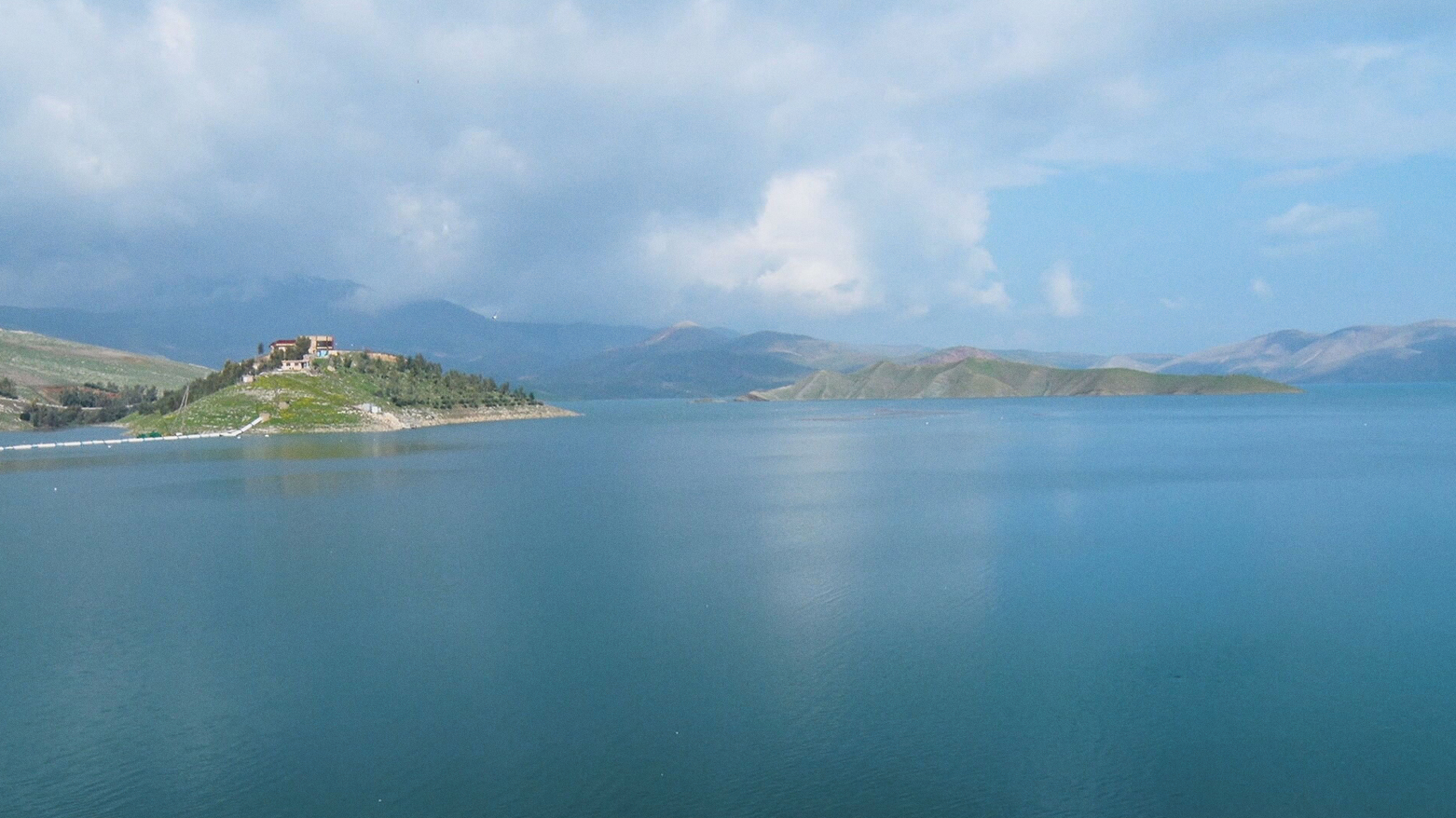Kurdistan Region Achieves 10B Cubic Meter Water Storage Capacity
Kurdistan Region now stores 10 billion m³ of water, thanks to 120 ponds and 8 dams, officials tell Kurdistan24. Projects aim to boost water security, combat drought, and support agriculture amid climate change. Final testing of the Dwin dam is underway.

By Kamaran Aziz
ERBIL (Kurdistan24) – The Kurdistan Region now has the capacity to store 10 billion cubic meters of water, bolstered by the construction of 120 ponds and eight dams, as government officials highlight ongoing efforts to enhance water infrastructure amid climate challenges.
Fereydoun Sabir, the project manager of the Dwin dam, told Kurdistan24's correspondent Hoshmand Sadeq on Friday, "We are in the final phase of testing the dams. Some of the tests are conducted abroad; samples are taken here, and the results are sent back. The results for the other part, the domestic tests, have already been received."
He added: "We are now in the final part of the testing phase. After this phase is completed, we will begin constructing the road to the dam, followed by the construction of the dam itself."
Sabir also stated, "A two-lane road will be built for the dam in two different locations to turn it into a tourist area, especially the lower section, and no trees will be cut down for this part."
Dr. Karwan Sabah Hawrami, Director General of Water Resources for the Kurdistan Region, said: "The priority of the ninth cabinet was to focus on essential infrastructure, especially water infrastructure. Within water infrastructure, great importance was given to water collection, which is why significant support was provided for the construction of ponds and dams."
He added: "A large number of ponds and dams have been completed, and the impact of these projects will be seen in the coming years."
In the Kurdistan Region, dozens of ponds, dams, and water and sewage projects have been built to ensure water security, with the goals of providing clean water, combating drought, increasing agricultural production, supporting livestock herders, and strengthening the region's water infrastructure.
Climate change and lack of rainfall have had a global impact and have become major challenges. The Kurdistan Region has not been immune to these challenges. However, in the ninth cabinet, the Kurdistan Regional Government has made every effort to mitigate their effects on Kurdistan by implementing several strategic water projects that utilize surface water.
Kurdistan24's correspondent Hoshmand Sadeq contributed to this report.
